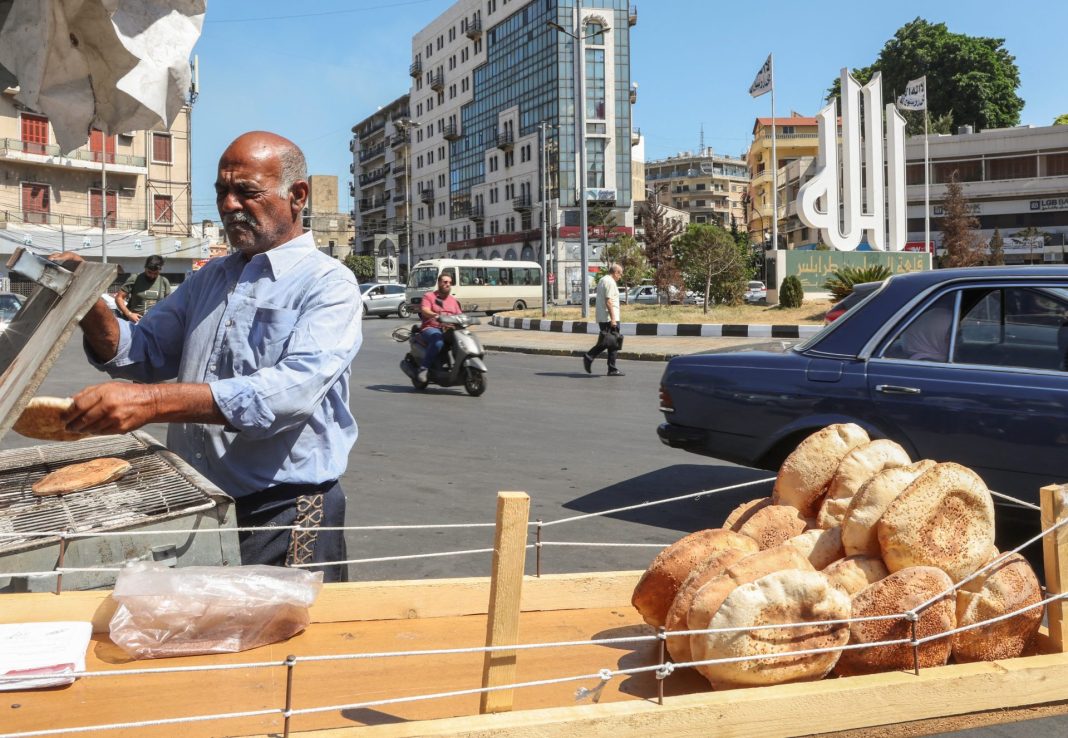In a report, the World Bank presented results of a survey that covered around 60 percent of the population, excluding southern and eastern regions bordering Israel and Syria.
The report reveals a significant increase in poverty from 12 percent in 2012 to 44 percent in 2022 across surveyed areas.
It also highlights that poverty is unevenly distributed across the country.
In the north of Lebanon, the poverty rate reached as high as 70 percent, where most residents are employed in agriculture and construction.
The poverty gap rose from three percent in 2012 to 9.4 percent in 2022.
Among Syrian refugees, the poverty rate reached 87 percent.
Lebanon estimates that some 1.5 million Syrian refugees live in the country – which has the world’s highest number of refugees per capita – including approximately 815,000 registered with the United Nations.
Lebanon has been grappling with years of economic meltdown, described by the World Bank in 2021 as one of the three worst economic crises globally since the mid-19th century.
The World Bank said Syrian refugees have been “hard hit” by the crisis, with almost nine out of every 10 Syrians in Lebanon being poor.
In the largely neglected northern region of Akkar, which borders Syria, the poverty rate reached as high as 70 percent, up from 22 percent between 2012 and 2022.
In contrast, in Beirut, poverty declined from four percent to two percent, suggesting unevenly distributed wealth.
The study could not access data from the eastern Hermel region or from parts of the country’s south, where Hezbollah and Israel have exchanged cross-border fire for months following the start of Israel’s war on the Gaza Strip.
Since late 2019, Lebanon’s currency has collapsed, losing more than 95 percent of its value against the dollar. Meanwhile, GDP has collapsed as inflation has skyrocketed.
The financial crisis has forced households to adopt coping strategies, “including cutting back on food consumption and non-food expenses, as well as reducing health expenditures, with likely severe long-term consequences”, the World Bank added.
With food insecurity on the rise, impoverished households have been twice as likely to cut meal portions or the number of meals, borrow food, or rely on assistance from family or friends.
“Poor households were nearly four times as likely to have an adult member restrict their food intake to feed their children,” the report added.
The report was published hours after an International Monetary Fund (IMF) delegation visiting Lebanon said unemployment and poverty have surged to “exceptionally high” levels in the absence of economic reforms.
The IMF also warned that the war on Gaza and increased hostilities on Lebanon’s southern border were exacerbating the country’s economic problems.
Israeli strikes on southern Lebanon have displaced tens of thousands of people, damaged infrastructure, agriculture, and trade, and hit tourism.
The World Bank warned in December that the spillover from Israel’s war on Gaza would push Lebanon’s economy back into recession.
